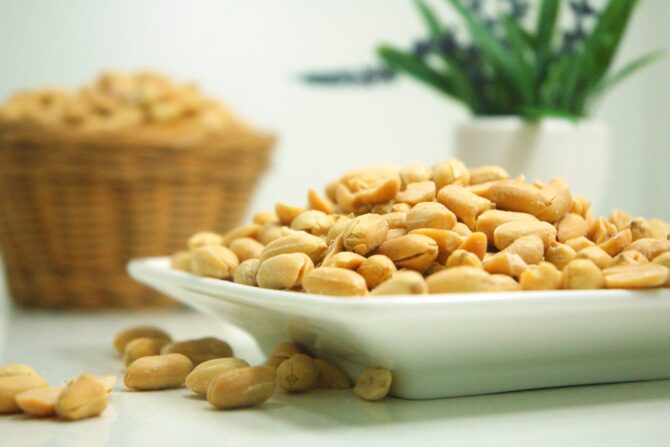
A new treatment for people with severe peanut allergies just became one step closer to becoming available.
Last week, an advisory committee of the U.S. Food and Drug Administration voted 7-2 to approve Palforzia, a standardized peanut powder product, to help reduce allergic reactions to peanuts for patients ages 4 to 17 as part of oral immunotherapy protocol.
Pharmaceutical company Aimmune Therapeutics developed the treatment.
An estimated 2.2% children in the U.S. are allergic to peanuts and while pills via oral immunotherapy don’t cure these allergies, they do make the symptoms more manageable.
The therapy involves gradual incremental daily exposure to tiny amounts of peanut powder which over the course of several months, has been shown to reduce the incidence and severity of allergic reactions to small amounts of peanuts in many patients.
Palforzia is essentially a standardized, medical-grade version of the treatment some doctors already offer using peanut flour.
The drug is controversial because research shows that some patients have a tripling of the risk (9.4% compared with 3.8% for placebo) of anaphylactic reaction during the time a patient is building tolerance to reach maintenance dose, and some members of the Allergenic Products Advisory Committee expressed concern that the data omitted the outcomes of many patients who had dropped out of the trial because of adverse effects.
“To be consistent with your primary analysis, where people who don’t make it are considered failures, I think to be consistent, you can’t censor them. I think this might be a bit misleading,” said Erica Brittain, mathematical statistician and deputy branch chief at the National Institute of Allergy and Infectious Diseases at the National Institutes of Health in Bethesda, Md.
Another concern is treatment can be costly, from $5,000 to $10,000 for the first six months of treatment to cost $5,000 to $10,000 and $300 to $400 a month after that.

